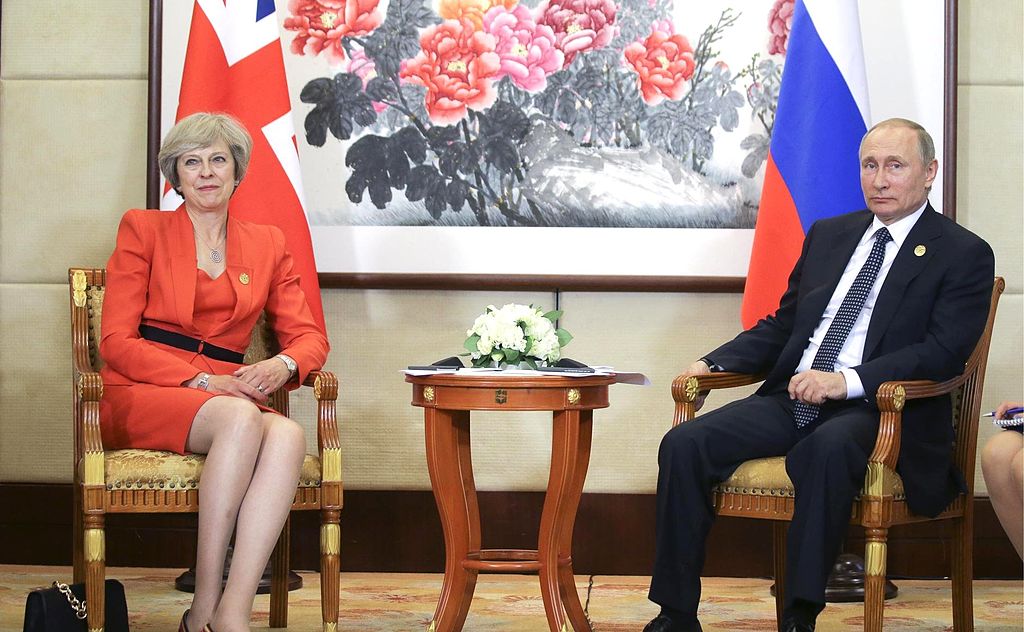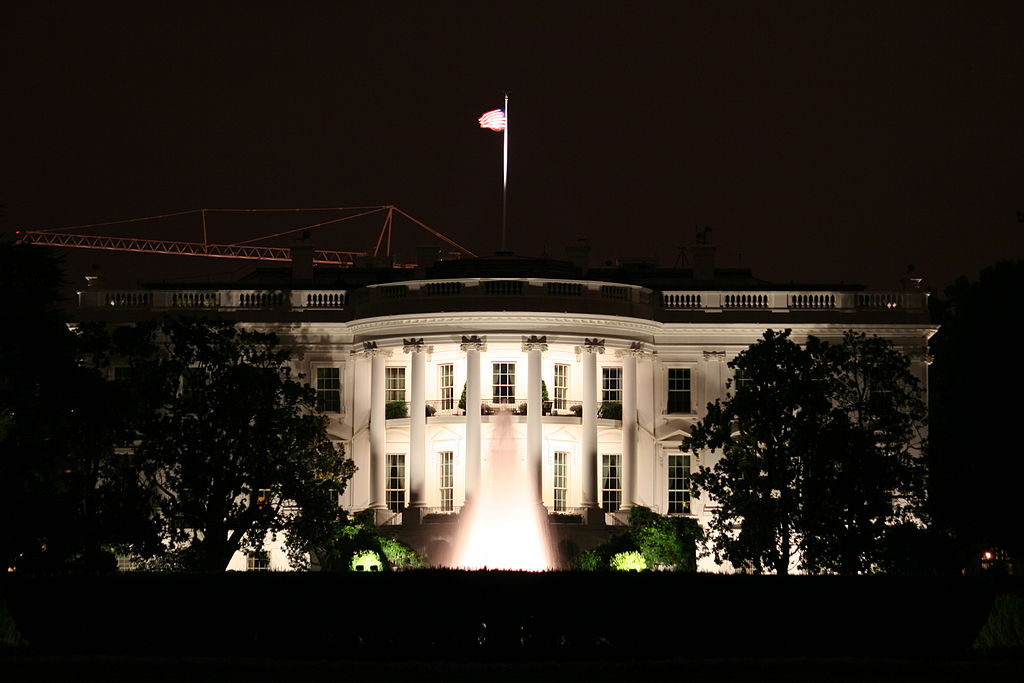Prime Minister May’s Use-of-Force Claim: Clarifying the Law That Governs the U.K.’s Options
British Prime Minister Theresa May made the remarkable statement Monday that, absent a credible response from the Russian government, the United Kingdom will conclude that the use of a nerve agent against a former Russian informant, Sergei Skripal, was “an unlawful use of force by the Russian state against the United Kingdom.” News reports have proliferated, but some of them are inaccur

Published by The Lawfare Institute
in Cooperation With

British Prime Minister Theresa May made the remarkable statement Monday that, absent a credible response from the Russian government, the United Kingdom will conclude that the use of a nerve agent against a former Russian informant, Sergei Skripal, was “an unlawful use of force by the Russian state against the United Kingdom.” News reports have proliferated, but some of them are inaccurate or incomplete. There are two recurring issues that warrant clarification: the possible role of the North Atlanic Treaty Organization in a U.K. response, and the range of possible U.K. actions.
Politico reported that NATO is in touch with the U.K. about the nerve-agent attack. This in itself is not surprising given NATO’s focus on the security of its members. However, the Politico piece points to Article 5 of the North Atlantic Treaty—the collective self-defense provision—and implies that the alliance might invoke that provision in this context. As many readers know, however, a “use of force” in international law is distinct from an “armed attack,” and Article 5 envisions a collective forcible response only to the latter. (Many states and scholars, as well as the International Court of Justice, believe that an armed attack represents a particularly serious use of force.) May presumably chose her reference to a “use of force” carefully, knowing that only an “armed attack” could trigger the U.K.’s right to use force in self-defense and NATO’s collective self-defense option. Hence, while NATO may choose to cooperate in a response to the use of nerve gas, Article 5 is not directly relevant unless and until the U.K. determines that an “armed attack” has occurred.
The press has reported on (non-forcible) reactions that the U.K. may be considering. This reporting tends to focus on imposing economic sanctions; expelling Russian spies or diplomats from the U.K.; restricting visas to Russian businesspeople; or revoking the broadcast license for RT, Russia’s national media network. These measures would be “retorsions,” or unfriendly acts that do not violate international law.
The U.K. still has another category of options: countermeasures. The Draft Articles on State Responsibility, adopted by the International Law Commission and generally accepted as an accurate restatement of customary international law, define countermeasures as acts by the injured state that would otherwise be international law violations but that are not wrongful because they are responses to an initial violation of international law by the wrongdoing state. Countermeasures should be proportional to the original violation, and their goal must be to induce the wrongdoing state to comply with its international obligations and cease the violative behavior. The victim state must cease its countermeasures once the violation ceases. Only states that are injured may impose countermeasures: This means that a victim state’s allies may not impose “collective countermeasures” on the wrongdoing state if only the victim state was actually injured. And, according to the Draft Articles, before imposing countermeasures the injured state must call on the wrongdoing state to fulfill its obligations, notify the wrongdoing state that it intends to take countermeasures, and offer to negotiate with that state.
Thus, if the U.K. concludes that Russia has used force against it, Russia would have violated Article 2(4) of the U.N. Charter and the U.K. would be entitled to take countermeasures once it fulfills these preliminary procedures. The U.K. could, for instance, cease performing one or more sets of treaty obligations it has with Russia, including treaties related to trade, taxation or investment. If, but only if, the U.K.’s allies conclude that Russia’s use of chemical weapons constitutes an international law violation owed to them, these allies might entertain collective countermeasures against Russia as well. Although the Russian violation at issue does not appear to be ongoing—which makes it less clear what the “cessation” of the violation would look like—the U.K. is likely to deem its countermeasures successful if Russia acknowledges the violation, commits to avoid such acts in the future, and perhaps undertakes to provide some form of reparations for damages. Of course, the likelihood of that happening seems remote.


.jpg?sfvrsn=5a43131e_9)


